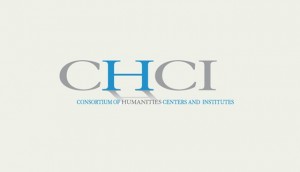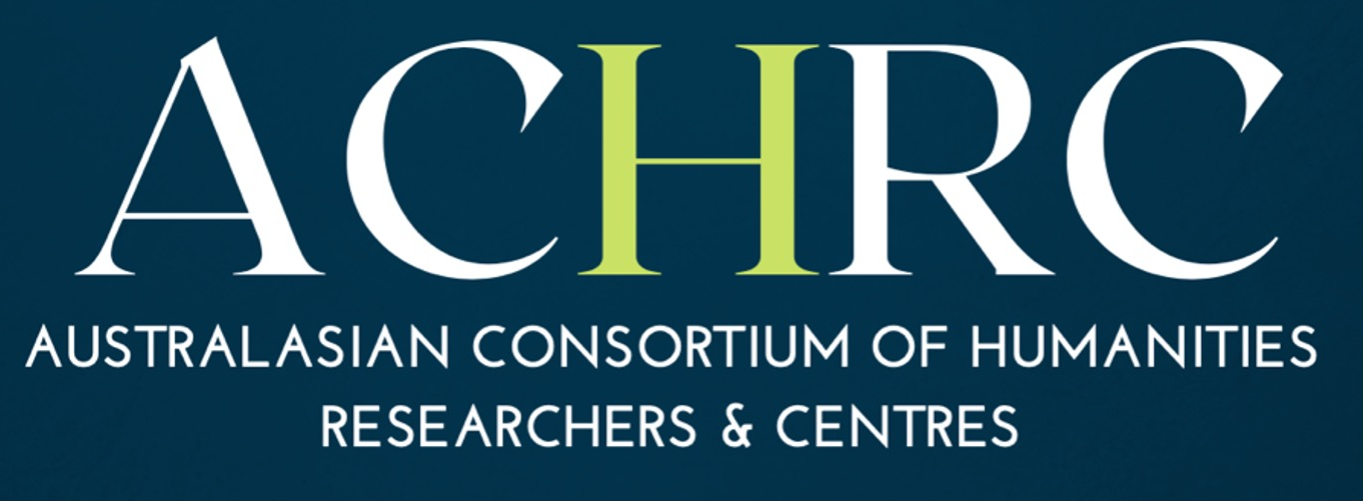
The Annual Meeting of the international Consortium of Humanities Research Centers (CHCI) this year met in Dublin on 19-22 June to reflect on Cultural Interventions. Why does culture matter? What impact does it have and how has this changed over time and region? How have cultural interventions helped to make the world a place we want to live in? It also reflected on business-as-usual for research centres like ours, indeed the highlight for me was on the Wednesday before the main conference kicked off devoted exclusively to the CHCI network on Public Humanities. Over the course of the day we heard from numerous practitioners from all over the world making daily cultural interventions of their own in the interests of (usually) their local communities. The possibilities for Public Humanities programs in streets, prisons, galleries, and community halls turned out to be rich and strange – and endless. There was also an excellent panel on Advocacy for the Humanities during the conference proper, which looks different in the very different British, American, and Irish contexts, but there were enough common aspirations and anxieties to make the event engaging and instructive.
The ‘themed’ panels on cultural interventions moved us in a variety of geographical and cultural directions. Post-colonialisation, nationalism, globalisation, terrorism, migration, refugees, poverty, and corruption – the meeting asked how the arts and humanities might contribute to society in times of trauma and repression. The main, Srinivas Aravamudan Memorial Lecture was a cancellation replaced by a panel including Homi Bhabar, James Chandler, Debjani Ganguly, Premesh Lalu, and Wang Hui, arguing the case for and against the Radical Middle.
Not surprisingly, like a chameleon, the meeting eventually took on the colour of its environment and there were rich offerings around ‘The Troubles’ of Northern Ireland that culminated on the last day with an exploration of the Field Day Theatre Company, the cultural intervention staged by actor Stephen Rea and playwright Brian Friel which included Seamus Deane, Tom Paulin, Brian Hammond, and Seamus Heaney. A panel with Stephen Rea discussed the significance of Field Day and the actor was interviewed at length about the phenomenon by Clare Dwyer Hogg, before a screening of the documentary Brexit: a cry from the Irish border, written by Hogg and performed by Rea, who wound up proceedings by offering a brilliant reading of Seamus Heaney’s translation of the sixth book of Aeneid.
William Christie
Director, Australasian Consortium of Humanities Research Centres
